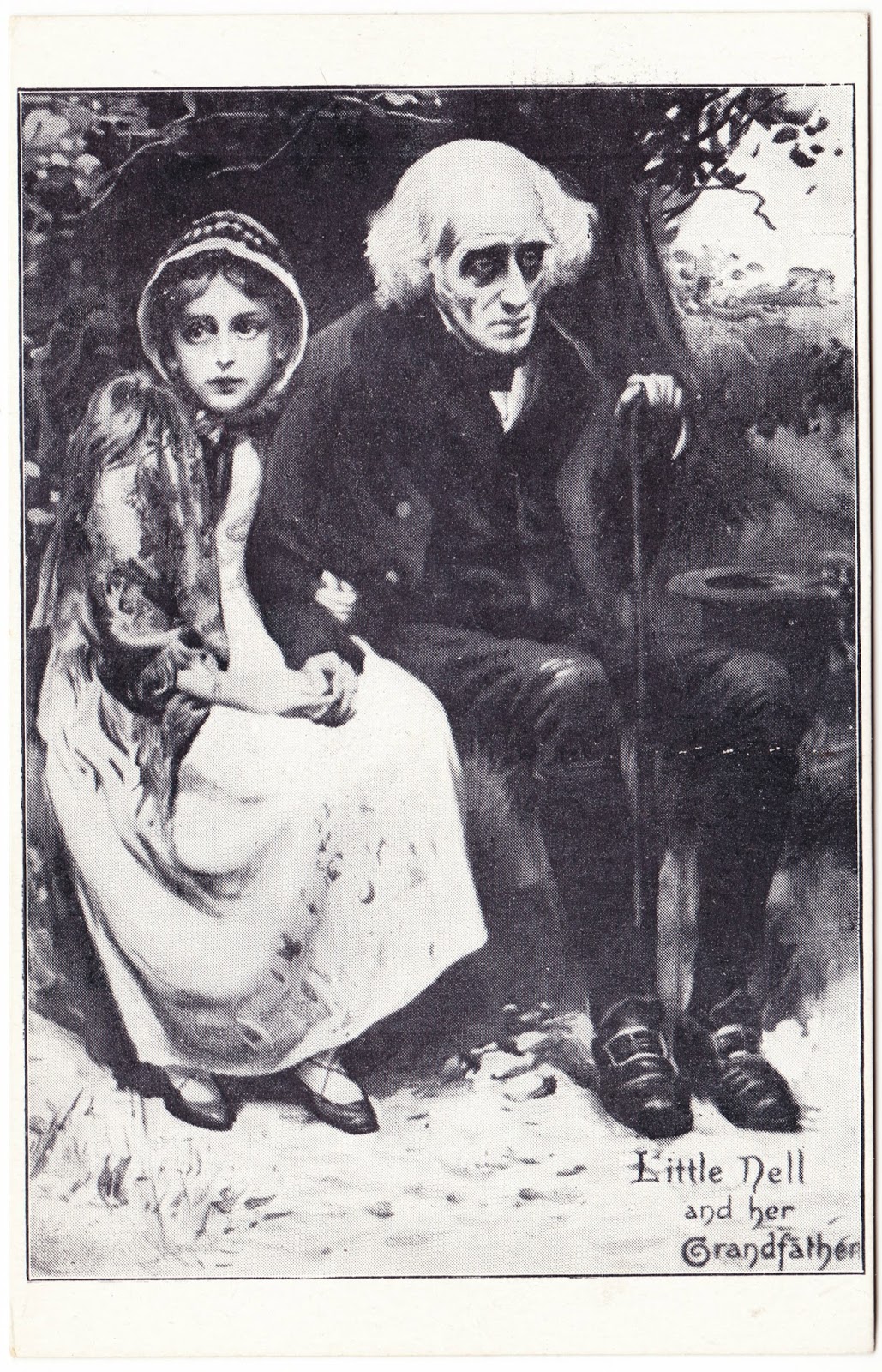EN965: Charles Dickens: Novels, Journalism & Adaptation

In this course we're actually going to read Dickens, probably the least-actually-read of the "major British novelists." He's the one everyone is sure they know: a vaguely reassuring figure who describes firesides and the return of orphans thereto. Yet "Dickensian" and all it connotes does not sit well with what actually shows up in Dickens' texts, reliably stranger than the cream scone sectors of the Dickens industry suggest. In this class, we'll start from the notion of so-called weird fiction:literature of the strange and amazing, whose authors frequently cite Dickens as an influence. We'll then trace and theorize the Immortal Boz in all of his tentacled glory via twentieth-century oddballs like Deleuze, Klein, and Bataille. We'll follow his career from the early Pickwick (when he was, arguably, being pretty Dickensian) to the late weird stuff like Our Mutual Friend (fake limbs, ashes, damp, dust, and the suburbs.) We'll eschew adaptations, video games, and theme parks in order to just read a few of the novels in their unwieldy glory. In line with the instructor's interests, we'll also be spending a session contemplating what it means to read these things out loud--the practice that brought Dickens fame and also (arguably) killed him.
Primary
The Old Curiosity Shop
Bleak House
Great Expectations
Our Mutual Friend
All Oxford eds.
Assessment: one 6,000 word essay
|
|
Primary Text |
Secondary Text |
| Week one |
“The Cricket on the Hearth” |
H.P. Lovecraft, “Supernatural Horror in Literature”: http://www.hplovecraft.com/writings/texts/essays/shil.aspx VanderMeer, “The New Weird: “It’s Alive?’”: http://www.jeffvandermeer.com/2009/06/28/the-new-weird-anthology-notes-and-introduction/ Sigmund Freud, from The Uncanny: https://ebookcentral.proquest.com/lib/warw/reader.action?docID=7103984&ppg=717 (under section "Psychoanalysis and Psychology") James Machin, “Introduction,” Weird Fiction in Britain 1880-1939: https://0-link-springer-com.pugwash.lib.warwick.ac.uk/book/10.1007/978-3-319-90527-3 |
| Week two |
Old Curiosity Shop, key chapters: 1, 3, 4 (!), 16, 27 |
Bruno Latour, “On Actor Network Theory”: https://ebookcentral.proquest.com/lib/warw/reader.action?docID=4792586&ppg=626 |
| Week three |
Old Curiosity Shop, key chapters 39, 45, 48, 55, 62, 71 |
From Bataille, The Accursed Share Jacques Lacan, “The Mirror Stage…”: https://ebookcentral.proquest.com/lib/warw/reader.action?docID=4792586&ppg=7 |
| Week four |
Bleak House, key chapters 1-5, 10, 18 |
J. Hillis Miller, “Interpretation in Bleak House”: |
| Week five |
Bleak House, key chapters 28-32, 56, 65-7 |
D. A. Miller, “Discipline in Different Voices,” from The Novel and the Police (1988): |
| Week six |
Great Expectations, key chapters 1-14 |
D.B. Winnicott, “Transitional Objects and Transitional Phenomena”: https://ebookcentral.proquest.com/lib/warw/reader.action?docID=4792586&ppg=658 |
| Week seven |
Great Expectations, 49-end |
Nigel Thrift, “Non-Representational Theory”: https://ebookcentral.proquest.com/lib/warw/reader.action?docID=7103984&ppg=1669 |
| Week eight |
Our Mutual Friend, book the first 1-10 and 17 |
|
| Week nine |
Our Mutual Friend, book the third 5-17 and book the fourth, last chapter |
H.P. Lovecraft, “The Dunwich Horror”: |
| Week ten |
China Miéville, Perdido Street Station |
|
https://core.ac.uk/download/pdf/83925971.pdf
